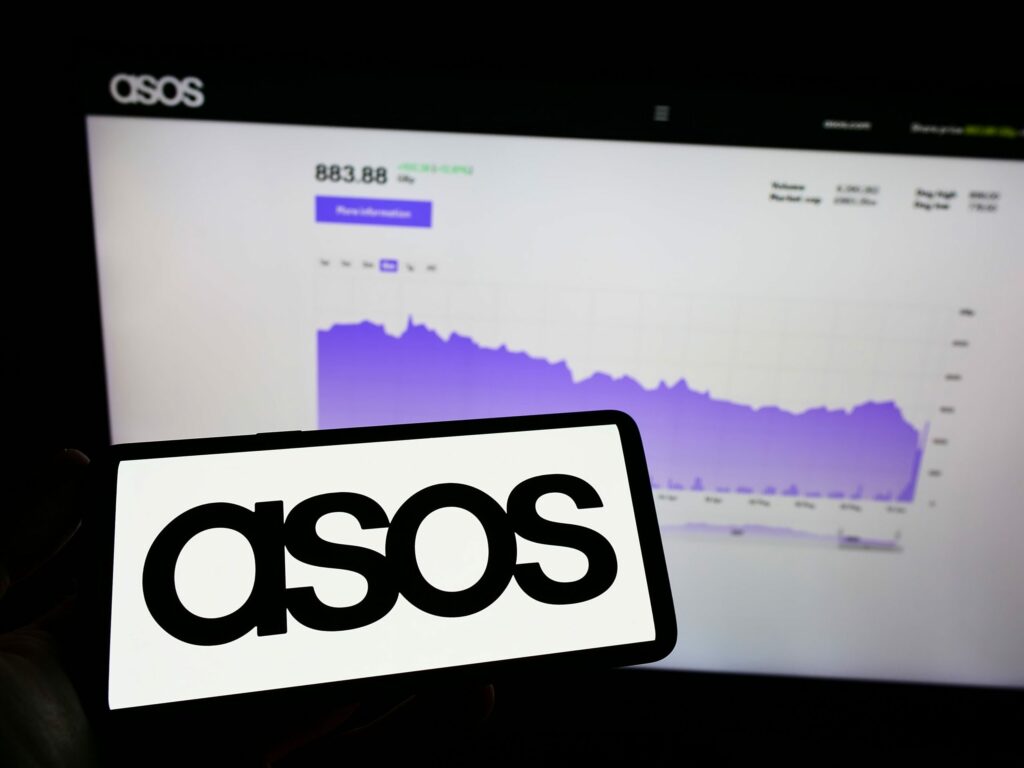// Up to 1000 workers for GY Sen, a Myanmar supplier for Primark, reportedly locked in factory to stop them missing shifts
// The workers wanted to take part in anti-coup protests sweeping through Myanmar
// GY Sen denies the allegations; Primark pauses orders from the factory & launches an investigation
A supplier for Primark in Myanmar has been accused of locking workers in a factory to stop them from taking part in anti-coup protests last month.
According to The Guardian, up to 1000 garment factory workers employed by GY Sen accused their supervisors of locking them in the factory to stop them from missing work by taking part in protests in the city of Yangon on February 18.
The workers were reportedly able to break free after a few hours.
READ MORE: H&M halts production in Myanmar following protester deaths
However, 20 workers were reportedly fired for missing shifts to take part in protests.
A GY Sen spokesperson denied allegations that workers had been locked in or fired for taking part in civil disobedience movements led by several key sectors across Myanmar.
Garment factory workers were among the first to protest against last month’s military coup.
According to The Guardian, Primark launched an investigation into the GY Sen factory in question on March 5 in response to concerns raised by a local labour organisation.
The concerns raised were not specified.
Primark also acknowledged the “very serious allegations” and said it would not place any further orders with the factory until its investigation was completed.
“We will work with our supplier and, where required, other trusted third parties,” Primark told The Guardian.
“If the factory is found to have breached our code [of conduct], we will work with the supplier and factory to remediate any issues.”
The retailer added: “Our highest priority is to keep workers safe and well, and ensuring their rights and freedoms are respected.
“Given the current situation in Myanmar, we anticipate that conducting the investigation may be more challenging than usual.”
Factory workers speaking to The Guardian also accuse GY Sen of pressuring them to complete excessive workloads or were faced with the threat of being fired if they did not take extra shifts.
The Guardian also said it saw payslips provided by the workers that indicated they were paid the equivalent of just 60p an hour to work overtime.
A GY Sen spokesperson denied the workers were not paid properly.
“We have paid them [for overtime] according to the standard rate under the law,” they said.
According to the EU and the UN, Myanmar’s garment sector employed about 700,000 workers before the Covid-19 pandemic and accounted for more than 30 per cent of the country’s exports in 2019.
Click here to sign up to Retail Gazette‘s free daily email newsletter


















